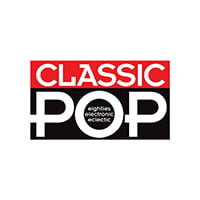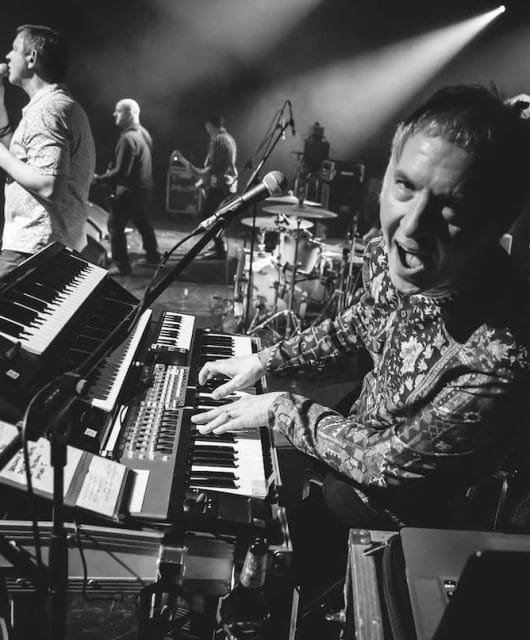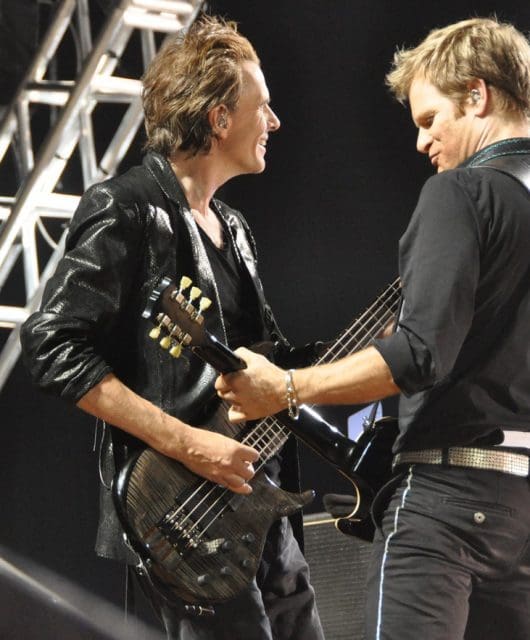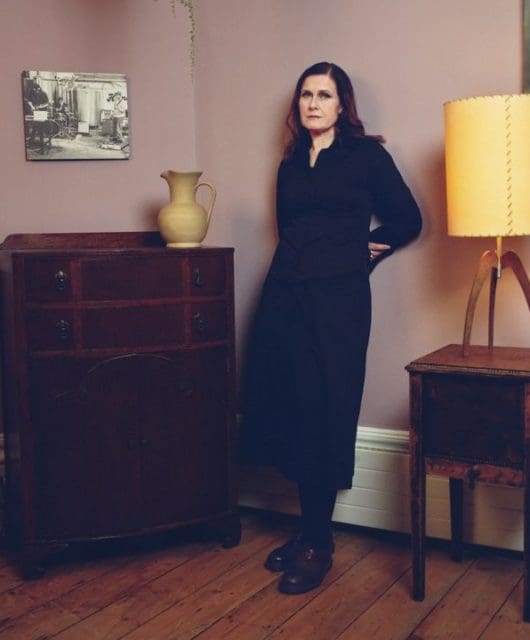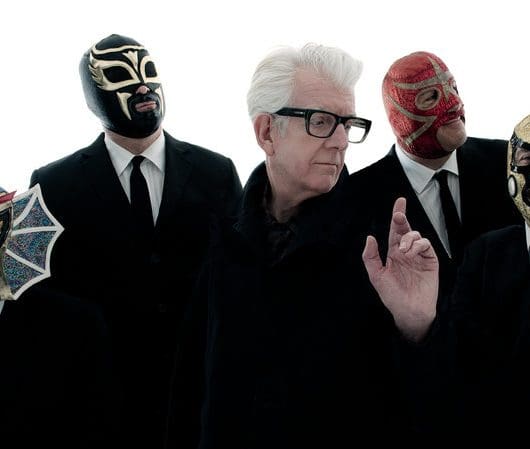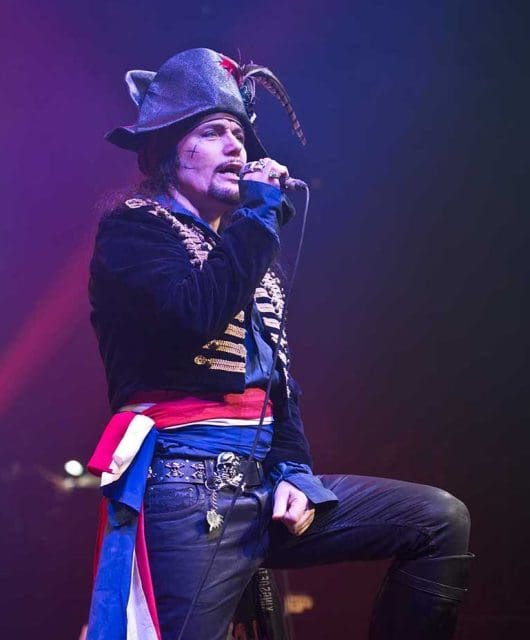The Godfathers of Pop: Peter Cox interview
By Classic Pop | August 8, 2018
Douglas McPherson speaks to Peter Cox of Go West fame.
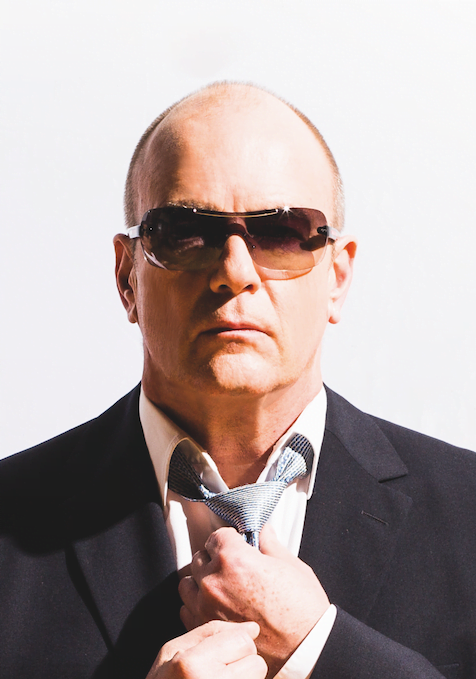
Peter Cox came to fame as the lead singer of Go West, alongside guitarist and back-up vocalist Richard Drummie. The duo hit the Top 5 with their debut single, We Close Our Eyes, in 1985. Their other hits that year included Call Me and Don’t Look Down. In 1990, their song King of Wishful Thinking was featured in the movie Pretty Woman and gave them their first US Top 10 hit. Their aptly named Indian Summer album yielded further early- 90s hits with Faithful and a cover of Bobby Caldwell’s soul track What You Won’t Do For Love. In 1997, Cox embarked on a solo career with a self-titled album and the Top 30 hit If You Walk Away. He has recorded several more solo long-players, including the most recent, Damn The Brakes in 2013. However, since 2000 he and Richard have been back on the road as Go West and in 2016 released the concert DVD Live Robin 2 – 2003.
How did you meet Richard?
I read a review of Richard’s band in the local newspaper. They were called Free Agent, after the blues rock band Free and my band was called Bodie, which was named after one of Free’s songs. Clearly, his influences were the same as mine which, in a small way, made him the local competition. So I went to see his band rehearse and that’s how we met. I think he was 16 at the time. Free was a band we both really enjoyed and that was the common influence that got our relationship started.
Did you start gigging together straight away?
We started as a songwriting partnership and didn’t gig at all together before we got signed. When we submitted our demos to record companies they’d typically say, ‘Yes, we like that, when can we see you play live?’ But we didn’t have a band. So our first live performance was after We Close Our Eyes came out. We played a Radio One show in London and that evening we travelled up to Newcastle to record The Tube TV show. Immediately after that we flew to Japan with Culture Club and The Style Council for the Rockin’ Japan ‘85 tour. Those were really Richard’s first professional live gigs, so it was quite a baptism of fire.
How would you describe your songwriting process?
We’re both controlling, so it’s a case of banging heads until we can come to a compromise. If we can’t compromise on a given idea then it often gets shelved. Richard will often suggest a chord progression on the keyboard and immediately I’ll be in there going, ‘Well that’s good, but what if we do this?’ In terms of writing lyrics, it’s always a case of sitting down and exchanging ideas. There’s usually a fair amount of disagreement before we reach a compromise.
Is it true that you recorded We Close Our Eyes before you signed your record deal?
That’s true to a certain extent. The demo for We Close Our Eyes sounded dramatically different to the final version. It was slower and didn’t have the synths intro. Our manager called in a favour for some studio time and we went in and recorded most of the final masters of We Close Our Eyes and Call Me before we had a deal. By that time, we’d started working with Gary Stevenson who produced the first Go West album, and also with his keyboard player Dave West who likely hasn’t ever had the credit he deserves because he was the one who dialled up all those synth sounds.
Was Gary a new producer?
He was completely new. He had his own band, Radar, and they were signed to Atlantic Records. Sadly for him, their album never saw the light of day. I think to some extent both he and Dave, who was also in Radar, put their own recording aspirations on hold to help us with our album. I think our records were Gary’s first productions that saw the light of day.
Where did the name Go West come from?
Before Richard and I started writing together, we spent a lot of time drinking beer, listening to music and assimilating influences. It was at the tail end of the UK punk movement, which held no interest for Richard and myself. We were listening to West Coast American music, Motown, Stevie Wonder… a lot of American artists. So that idea of ‘Go west, young man’ may have had some subliminal influence on the name.
Nothing to do with the Village People hit then?
Nothing to do with the Village People! (laughs) Certainly our A&R man was less than keen on us wearing vests and probably less than keen on us calling ourselves Go West. It’s disappointing that if you type Go West into Google you’ll likely come up with the Pet Shop Boys’ version of the Village People song… but there you go!
Read More: The Godfather of Pop: Justin Currie interview
